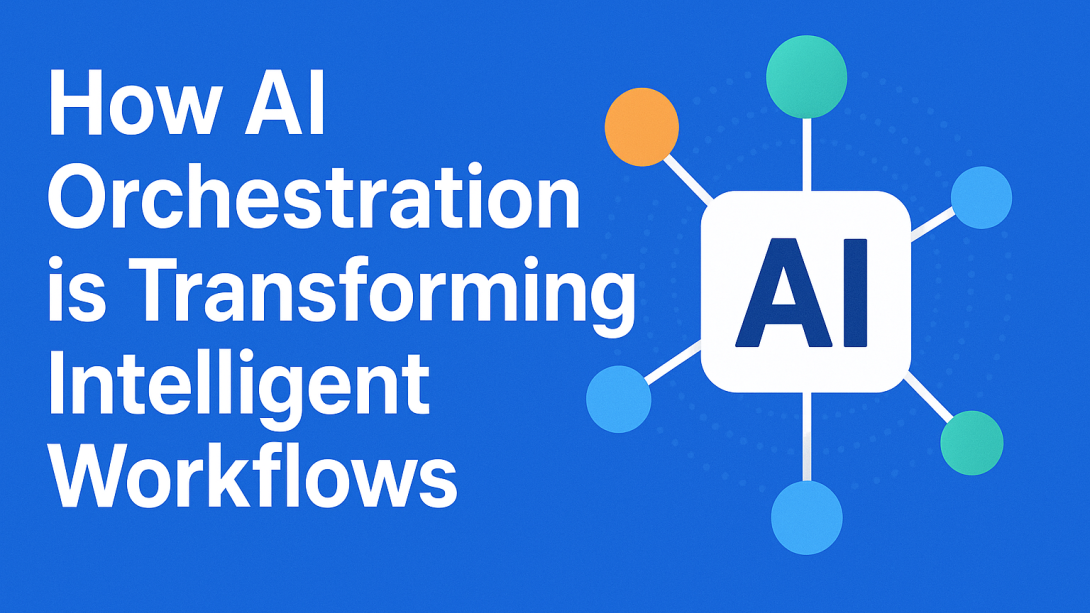AI Agent Orchestration: the Future of Intelligent Workflow Automation

In the fast-paced world of digital transformation, businesses are moving beyond basic automation and embracing advanced AI systems to optimize operations. With multiple AI tools and applications working together, the real challenge is managing them efficiently. That’s where AI Agent Orchestration comes in, offering a smarter way to coordinate tasks and streamline processes.
What is AI Orchestration?
Think of orchestration like conducting a symphony, where each instrument plays its part to create harmony. Similarly, in an AI-powered system, different agents perform specific tasks—some handle customer queries, others analyze data, and a few manage backend operations. Orchestration ensures all these agents work in sync, avoiding duplication and delays.
Without proper orchestration, AI agents may operate in silos, leading to inefficiencies. By bringing them together under a coordinated workflow, businesses achieve better accuracy, speed, and cost-effectiveness.
Why Does It Matter?
The importance of orchestration grows as organizations scale their AI operations. When dozens of AI agents are running simultaneously, coordinating them becomes critical. Here’s why it matters:
- Collaboration: Orchestration allows agents to share information seamlessly.
- Scalability: Businesses can easily add or remove agents without disrupting workflows.
- Error Reduction: It minimizes redundancies and improves overall accuracy.
-
Customer Experience: Orchestrated AI agents deliver faster, more personalized services.
How It Works
- The orchestration process usually involves:
- Task Assignment: Allocating the right task to the most capable agent.
- Workflow Synchronization: Making sure every step in the process is aligned.
- Continuous Monitoring: Tracking performance and making real-time adjustments.
-
Advanced orchestration systems use techniques like machine learning and predictive analytics to optimize these steps.
Benefits for Businesses
Companies implementing orchestration enjoy several advantages:
- Faster Decisions: Collective AI intelligence speeds up insights.
- Lower Costs: Eliminates repetitive tasks and resource waste.
-
Flexibility: Easily adapts to new challenges or technologies.
The Future Ahead
As AI adoption grows, orchestration will become an essential component of intelligent systems. From finance and healthcare to retail and logistics, every industry can leverage orchestration to stay competitive.